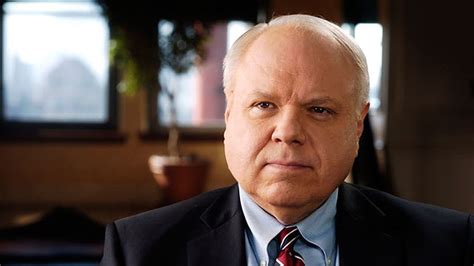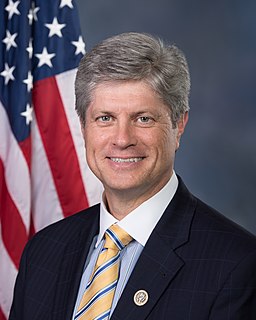A Quote by Geoff Mulgan
It's an irony that growing inequality could mean more money for philanthropy. In the U.S., quite a few of the ultra-rich have taken to heart the 19th century industrialist and philanthropist Andrew Carnegie's comment that it's a disgrace to die wealthy.
Related Quotes
The growing inequality of wealth and income distribution is both a moral and economic problem. If the wealthy are unwilling to pay more taxes, then this is going to lead to spending cuts. And if you put off the table things like national defense, then you're going to end up cutting more and more out of programs that aid the poor. So, I think there are consequences to this idea that tolerance for inequality requires us to - to just do nothing to make the wealthy contribute a higher share of resources to fund the government.
Don't assume that the way that one searches and researches is the same from one era to another - it isn't. In the 19th century, most research was done by amateurs: either individuals who were rich or individuals who had a day job. In the 20th century, most researchers worked at universities or think tanks and received money from the government or from foundations to pursue their work. In our time, the sources of support and the locations for research may be quite different.
Anyday, one can walk down the street in a big city and see a thousand people. Any photographer can photograph these people - but very few photographers can make their prints not only reproductions of the people taken, but a comment upon them - or more, a comment upon their lives - or more still, a comment upon the social order that creates these lives.
Most people believe that inequality is rising - and indeed it has been rising for a while in a number of rich countries. And there is lots of talk and realization of this. It's harder to understand that at the same time, you can actually have global inequality going down. Technically speaking, national inequality can increase in every single country and yet global inequality can go down. And why it is going down is because very large, populous, and relatively poor countries like India and China are growing quite fast.
The much-maligned idle rich have received a bad rap: They have maintained their wealth while many There is scarcely an instance of a man who has made a fortune by speculation and kept it. Andrew Carnegie of the energetic rich, aggressive real estate operators, corporate acquirers, oil drillers, etc. have their fortunes disappear.
I was really interested in 20th century communalism and alternative communities, the boom of communes in the 60s and 70s. That led me back to the 19th century. I was shocked to find what I would describe as far more utopian ideas in the 19th century than in the 20th century. Not only were the ideas so extreme, but surprising people were adopting them.
To be wealthy, a rich nature is the first requisite and money but the second. To be of a quick and healthy blood, to share in all honorable curiosities, to be rich in admiration and free from envy, to rejoice greatly in the good of others, to love with such generosity of heart that your love is still a dear possession in absence or unkindness-these are the gifts of fortune which money cannot buy, and without which money can buy nothing.
In the beginning of the 19th century, maybe forty percent of women and fifty percent of men could produce a signature, which meant that they'd had at least three years of education because it was in third grade that people started penmanship in the 19th century. And of course black people could get killed if they got caught teaching themselves to read in some parts of the country.



































